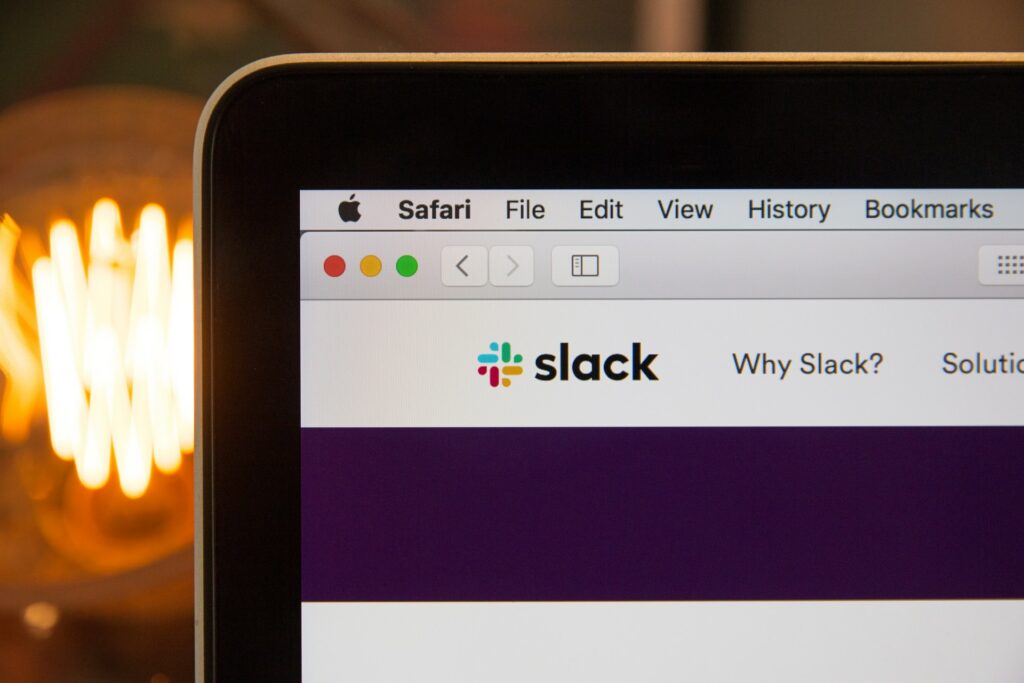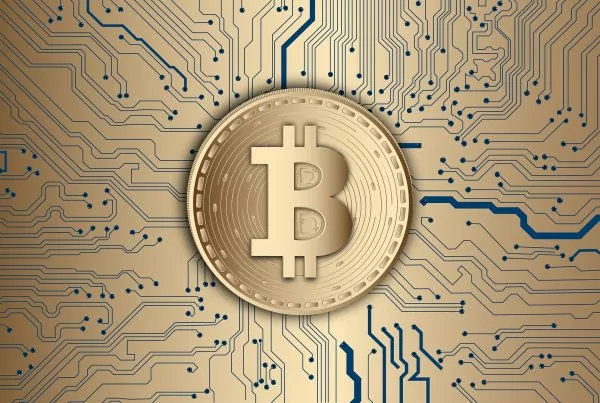
Key takeaways:
- The Securities and Exchange Commission (SEC) wants Ripple employees to hand over their Slack messages
- The SEC’s legal team is convinced that missing parts of internal messaging include critical evidence
- The so-called discovery pre-trial phase is coming to an end in just three weeks
The back and forth between the United States Securities and Exchange Commission (SEC) and crypto payment company Ripple rages on. This week, the SEC made a request to US District Court Judge Sarah Netburn, for her to issue a court order to Ripple and making it reveal internal messages from the Slack app.
The SEC accuses Ripple of not producing a complete set of Slack messages
The legal battle between the regulator and the blockchain company is slowly reaching the end of the so-called discovery phase, during which the parties involved in the lawsuit establish key facts about the case, exchange evidence and make known which witnesses they would like to include in the trial. The last stage of the introductory phase of the trial ends in three weeks.
The SEC accuses Ripple of having sold more than 357 million XRP worldwide, raising over $1.3 billion in the process. Additionally, Ripple’s cofounder Cristian Larsen and CEO Bradley Garlinghouse are charged with facilitating a personal unregulated sale of XRP worth $600 million in total.
This Monday, the SEC made an emergency motion for a discovery that would, if granted by the judge, force Ripple to produce internal messaging between employees that was previously not included. The SEC argues that incomplete records of internal communications is “highly prejudicial to the SEC”.
There is over a million Slack messages missing, which could be instrumental in the court proceeding. Even the small portion of messages that were disclosed (1,468 to be exact) , the SEC argues, “has yielded critically important information” that was not found in other Ripple’s documents.
Ripple accuses the SEC of withholding key documents about the case
In June, Ripple’s legal team has filed for a motion to force the SEC to turn over internal documents about Bitcoin and Ethereum. Ripple is convinced that it should receive the same treatment as the two more popular cryptocurrencies, which have managed to avoid the regulator’s wrath.
For this reason, the legal team believes that the SEC’s internal documents would be instrumental in finding out why XRP is being singled out and persecuted on the grounds of illegal securities sale, while Bitcoin and Ethereum weren’t.
Ripple’s legal representatives have also filed a motion to depose the former SEC official William Hinman, who proclaimed Ethereum “sufficiently decentralized” and thus not considered a security. As the motion was ultimately granted, Hinman’s opinion during the trial could prove to be a decisive factor.



